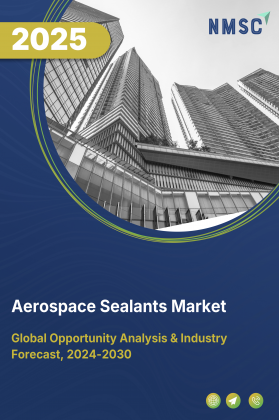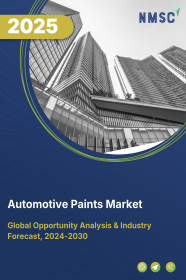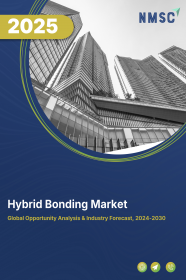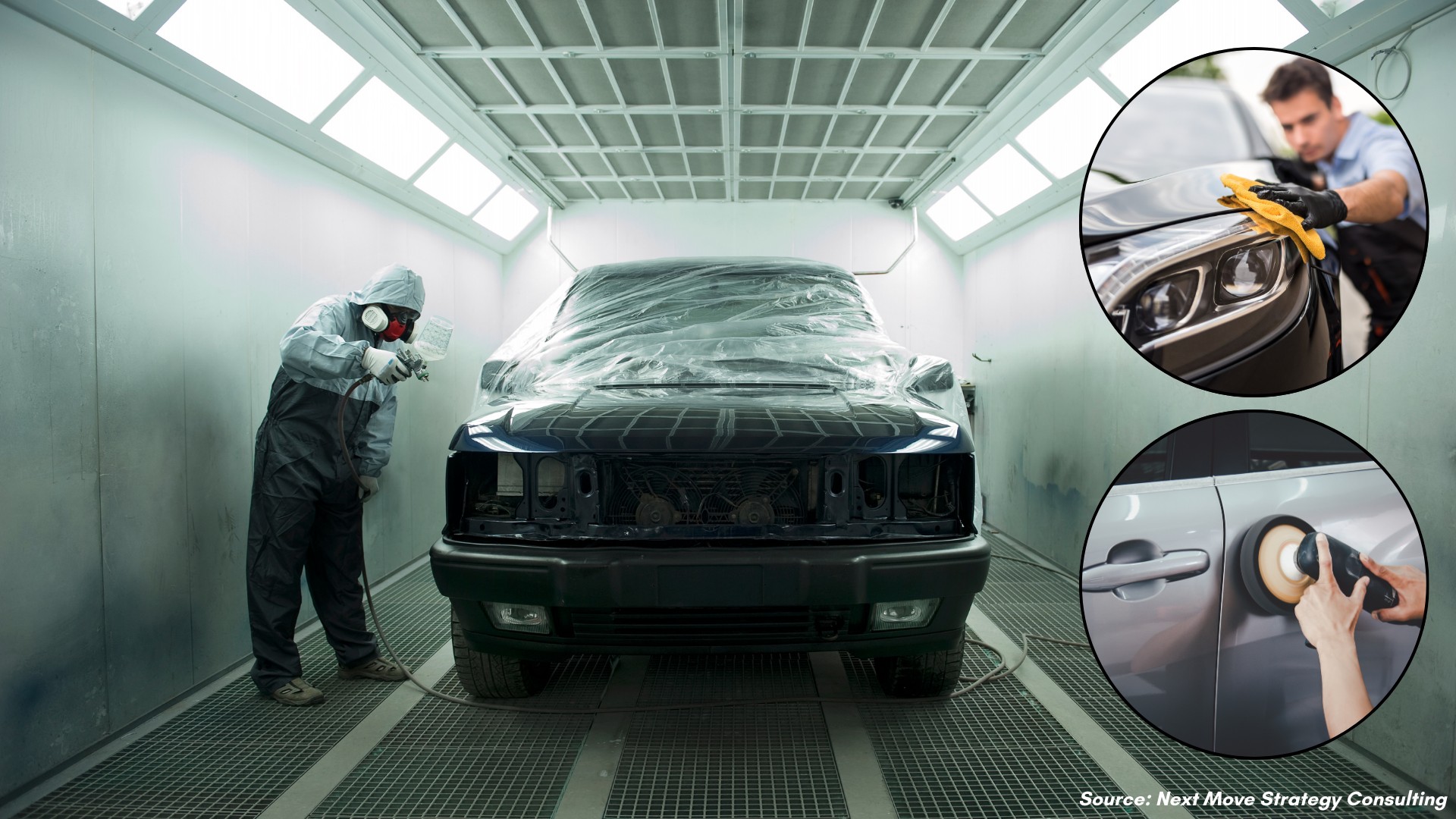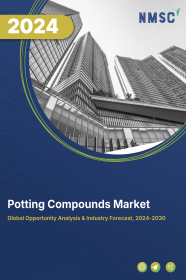
Potting Compounds Market by Type (Silicone Resin, Epoxy Resin, Polyurethane Resin, Polyester, Polyolefin, Polyamide, and Acrylics), by Curing Technology (Thermal Curing, UV Curing, and Room Temperature Curing), by Function (Corrosion Resistance and Insulation), by Application (Electronics and Electricals), and by End-Users (Consumer Electronics, Industrial, Aerospace, Automotive, Marine, Energy and Power, Solar Power, and Others)- Global Opportunity Analysis and Industry Forecast 2022-2030
Market Definition
The Potting Compounds Market size was valued at USD 3.20 billion in 2021 and is predicted to reach USD 4.60 billion by 2030 with a CAGR of 3.3% from 2022-2030.
Potting compounds, also known as potting materials are protective insulating and sealing plastic that delivers improved mechanical strength as well as offers high electrical insulation. These are general-purpose sealants that provide environmental and physical protection to circuit boards. Potting materials encase the electronics in a barrier that prevents moisture and general contamination once applied, cured and hardened. It allows the components to maintain high performance under extreme conditions such as mechanical shock, vibration and thermal dissipation. These compounds are utilized in industries that include electronic assemblies such as automotive, aerospace, mechanical and others.
Market Dynamics and Trends
The increase in the global demand for potting compounds is due to its wide application in various end-use industries such as automotive, aviation and solar energy to provide enhanced mechanical strength, electrical insulation and improved thermal reliability of electronics and vehicles. Also, the rising demand for electronic device miniaturization like electronic watches and pocket calculators coupled with various applications in electronic industries such as surface mount packaging, beam bonded components and microprocessors are encouraging the market growth of potting materials. Moreover, the increase in innovations and investments by various key players along with the adoption of various advanced electronic products that use potting compounds is expected to support the global market throughout the aforesaid period.
For instance, in February 2022, Bdtronic announced its plans to launch standardized industrial ovens. These ovens would help in treating the components found in vehicles and electronics, specially designed to cure epoxy resins, silicones and polyurethanes as well as to pre-heat components.
However, high cost of silicone potting compounds coupled with stringent government regulations on reduction of volatile organic compounds (VOC) emission are expected to restrain the market growth during the forecast period. On the contrary, new innovative applications emerging in end-user industries such as electronic potting gel is expected to create hefty opportunities for the potting compounds market in the coming future.
Market Segmentations and Scope of the Study:
The potting compounds market is segmented on the basis of type, curing technology, function, application, end-users and geography. Based on type, the market is divided into silicone resin, epoxy resin, polyurethane resin, polyester, polyolefin, polyamide and acrylics. Based on curing technology, the market is classified into thermal curing, UV curing and room temperature curing. Based om function, the market is categorized into corrosion resistance and insulation. On the basis of application, the market is categorized into electricals and electronics. The electricals segment is further sub-divided into surface mount packaging, beam bonded components, memory devices & microprocessors and high-power devices. The electronics segment is further bifurcated into capacitors, transformers, cable joints, industrial magnets, solenoids and others. On the basis of end users, the market is bifurcated into consumer electronics, industrial, aerospace, automotive, marine, energy and power, solar power and others. Geographic breakdown and analysis of each of the aforesaid segments includes regions comprising of North America, Europe, Asia-Pacific, and RoW.
Geographical Analysis
Asia Pacific garnered the lion share in the global potting compounds market and is expected to maintain the trend throughout the forecast period. This is attributed to factor such as industrial development in countries such as China, South Korea, and Japan. For instance, China bags the first position in the global industrial output with a 31.4% share in 2021. Also, growing demands for consumer electronics and transportation owing to the rapid increase in population in this region that utilizes potting compounds is contributing to the market growth during the aforesaid period.
Moreover, the fast-growing trend of electric vehicles is generating promising growth for the potting compound industry in countries such as China and Japan. According to the estimates of the World Economic forum in 2022, China owns basically 70-80% of the entire supply chain for electric vehicles and lithium-ion batteries in 2021. On the other hand, North America is expected to witness tremendous growth in potting compounds market due to the rising demand for energy and power industries that has high applications of potting compounds in this region.
For instance, in 2021, according to the U.S Energy Information Administration, the net generation of electricity from utility-scale generators in the United States was about 4.12 trillion kWh. Also, the rising investments by market players in R&D activities for potting compound products are projected to bring beneficial growth to the market in the forecast period. Moreover, increase in technological advancement of Master Bond EP41Smed, a highly reliable electrical insulator with sterling chemical resistance along with the presence of developed infrastructure in this region is expected to drive the growth of the potting compounds market in this region.
Competitive Landscape
The potting compounds market includes various market players such as Henkel AG & Co., MG Chemicals, ELANTAS GmbH, Dymax Corporation, Aremco Products, Showa Denko Materials Co., Ltd, Wacker Chemie, Huntsman Advanced Materials, 3M, and DuPont. These key market players are adopting several strategies such as joint ventures, expansion, mergers and acquisitions, and partnerships in order to sustain their dominance in the global potting compounds market.
For instance, in December 2021, Dymax Corporation, announced the launch of 9501-F, which is the newest adhesive for electric vehicle battery assembly. This low compressing product has an efficient bond strength to common substrates such as PC, nickel plated steel and aluminium as well as is specially designed for fixturing cylindrical battery cells to holders and plastic bases. Also, in September 2020, Huntsman Advanced Materials announced the launch of ARALDITE 2000 Adhesive Core Range, specially designed for assembling high-performance products along with repairing in tough conditions. The ARALDITE adhesive core range consists of three technologies namely epoxy, acrylic and polyurethane.
Key Benefits
-
The potting compounds market report provides the quantitative analysis of the current market and estimations through 2022-2030 that assists in identifying the prevailing market opportunities to capitalize on.
-
The study comprises a deep dive analysis of the potting compounds market trend including the current and future trends for depicting the prevalent investment pockets in the market.
-
The information related to key drivers, restraints and opportunities and their impact on the potting compounds market is provided in the report.
-
The competitive analysis of the market players along with their market share in the potting compounds market.
-
The SWOT analysis and Porters Five Forces model is elaborated in the study.
-
Value chain analysis in the market study provides a clear picture of the stakeholders’ roles.
Key Market Segments
By Type
-
Silicone Resin
-
Epoxy Resin
-
Polyurethane Resin
-
Polyester
-
Polyolefin
-
Polyamide
-
Acrylics
By Curing Technology
-
Thermal Curing
-
UV Curing
-
Room Temperature Curing
By Application
-
Electronics
-
Surface Mount Package
-
Beam Bonded Components
-
Memory Devices and Micro Processors
-
High Power Devices
-
-
Electricals
-
Capacitors
-
Transformers
-
Cable Joints
-
Industrial magnets
-
Solenoids
-
Other
-
By Function
-
Corrosion Resistance
-
Insulation
By End-Users
-
Consumer Electronics
-
Industrial
-
Aerospace
-
Automotive
-
Marine
-
Energy and Power
-
Solar Power
-
Others
By Geography
-
North America
-
U.S
-
Canada
-
Mexico
-
-
Europe
-
UK
-
Germany
-
France
-
Italy
-
Spain
-
Rest of Europe
-
-
Asia-Pacific
-
China
-
India
-
Japan
-
South Korea
-
Australia
-
Rest of Asia-Pacific
-
-
RoW
-
UAE
-
Saudi Arabia
-
South Africa
-
Brazil
-
Remaining Countries
-
Key Players
- Henkel AG & Co.
- MG Chemicals
- ELANTAS GmbH
- Dymax Corporation
- Aremco Products
- Showa Denko Materials Co., Ltd
- Wacker Chemie
- Huntsman Advanced Materials
- 3M
- DuPont




















 Speak to Our Analyst
Speak to Our Analyst



